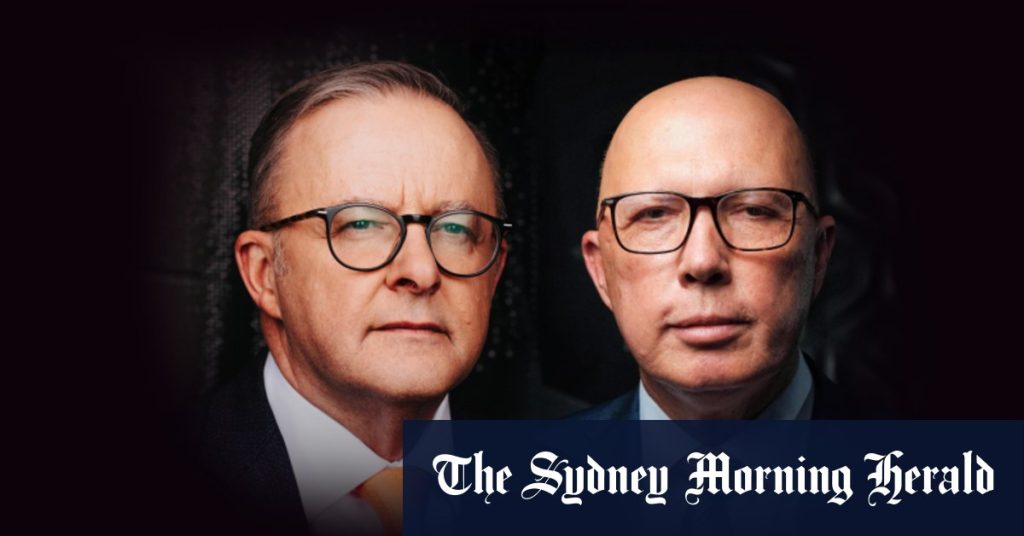In Peter Hartcher’s article, he contrasts Anthony Albanese’s long-sighted policies with Peter Dutton’s short-sighted approach, highlighting the choice Australian voters will face in the next federal election. Albanese’s Future Made in Australia plan focuses on creating a stronger and fairer economy for future generations, while Dutton’s leadership lacks a clear vision for the nation’s future. The key questions voters should consider are who can better manage the current economic challenges and navigate through the climate crisis in a sustainable way.
Dutton’s divisive tactics and lack of coherent policies are criticized, as he prioritizes re-election over unity and progress. The opposition’s Future Made in Australia plan offers a more hopeful vision, addressing the problems Dutton seeks to exploit. The need for leadership that can build national consensus and secure bipartisan support for key issues is emphasized. The example of past leaders like Hawke and Keating, who built consensus for significant reforms, is cited as a model to follow.
Julia Baird’s article on the intersection of religion, politics, and leadership, particularly in the context of Scott Morrison and Donald Trump, raises questions about the authenticity and inclusivity of their religious beliefs. The contrast between their actions and the teachings of Christianity is highlighted, with Morrison aligning himself with a version of Christianity that prioritizes self-interest and divisiveness. The importance of opposing discrimination against women, a core tenet of Christianity, is emphasized.
The controversy surrounding Gina Rinehart’s request to remove an unflattering portrait of herself from an exhibition raises questions about art, power, and entitlement. The portrayal of Rinehart as a figure of unreasonable power and privilege in Vincent Namatjira’s painting sparks discussions about the role of art in reflecting social dynamics and power structures. The suggestion that Rinehart’s poem “Our Future” should also be removed as a form of bad art is raised, highlighting the subjective nature of artistic interpretation.
Michael Koziol’s argument for denser living spaces in cities like Sydney, drawing comparisons to Hong Kong, London, and Paris, is met with skepticism. The idea that Sydney should adopt the density of older cities overseas is challenged, with concerns about cultural cringe and the need for unique urban planning solutions for Australian cities. The need for public input and consideration of residents’ preferences in urban planning decisions is emphasized.
The discussion of taxation, particularly on tobacco products and sugary beverages, raises questions about government revenue sources and public health implications. The decline in tobacco excise tax revenue due to fewer smokers is mentioned, with a potential solution being the introduction of a tax on sugary drinks. The issue of toll road costs and privatization, as well as the potential impact on households already struggling with cost of living, is also raised.













